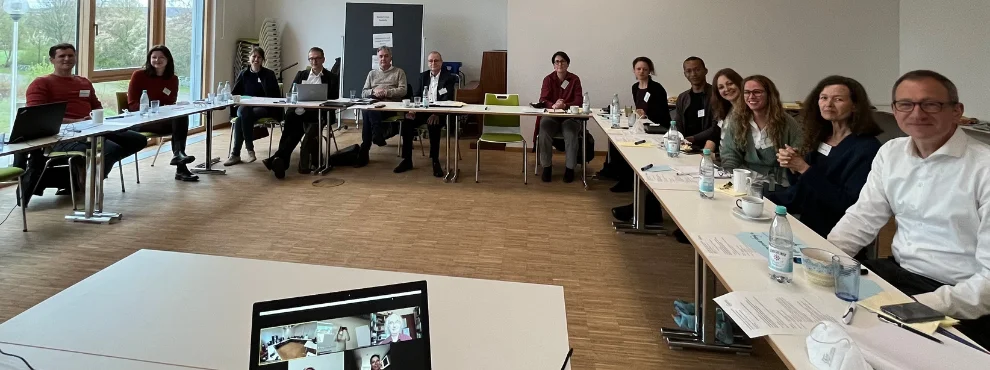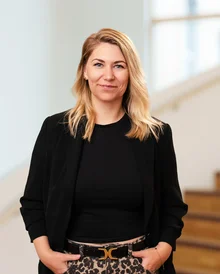Better control of pain through gender-specific therapy
General practice and clinical pharmacology at UW/H launch GESCO project on gender-sensitive pain therapy with opioids

Germany is one of the countries in the world with the highest per capita consumption of opioids for chronic non-tumour-related pain. This includes conditions such as osteoarthritis, inflammatory rheumatoid arthritis, chronic back pain and fibromyalgia. "Individualised therapy requires a comprehensive approach. Relying solely on strong painkillers such as opioids can lead to incorrect treatment with more risks than benefits for patients," emphasises Prof. Dr Achim Mortsiefer, Head of the Institute for General Practice and Outpatient Health Research (iamag) at the UW/H. "If treatment is unsuccessful, it often leads to a cycle of resignation and withdrawal among patients and carers."
The new research project at Witten/Herdecke University (UW/H), known as GESCO for short, aims to develop new care concepts that take greater account of gender, cultural and role-related factors than before. Patients with chronic pain and pre-existing mental health conditions are particularly at risk of being inappropriately treated with opioids. "Pain therapy should take greater account of the fact that the experience and processing of chronic pain differs significantly between women and men," says Dr Christine Kersting, who is leading the project together with Prof Dr Achim Mortsiefer. The interdisciplinary team aims to develop an intervention that will enable GPs to successfully treat their patients with chronic non-tumour-related pain and to identify and reduce the potential misuse of opioids by patients.
Those involved
The Institute of General Practice and Primary Care (iamag) is conducting the GESCO project (development and piloting of gender-sensitive primary medical care for patients with chronic non-tumour-related pain under long-term opiate therapy), which was launched in April 2022, in collaboration with the Chair of Clinical Pharmacology (headed by Prof. Dr Petra Thürmann). It is funded by the Federal Ministry of Health (BMG) to the tune of around 576,000 euros.
An interdisciplinary project team is being formed to network with other research groups from the fields of pain research, addiction medicine, psychotherapy and gender research in medicine. As the gender-sensitive care approach is innovative, the development of the intervention will take place in four extensive phases: First, systematic literature analyses will be conducted in subject areas such as pain and addiction medicine, as well as doctor-patient communication. The intervention is then trialled with the help of training courses for GPs and evaluated using questionnaires and open interviews with the carers and patients. Finally, the results will be analysed and transferred with the help of all project participants with the aim of making the intervention applicable in practice in the future. In addition to the general practitioners, affected patients in particular will be actively involved in research planning and intervention development.
Photos for download
Contact person

Svenja Malessa
Press Officer
Administration | Communication & Marketing
Alfred-Herrhausen-Straße 48
58455 Witten
Room number: 2.F05
